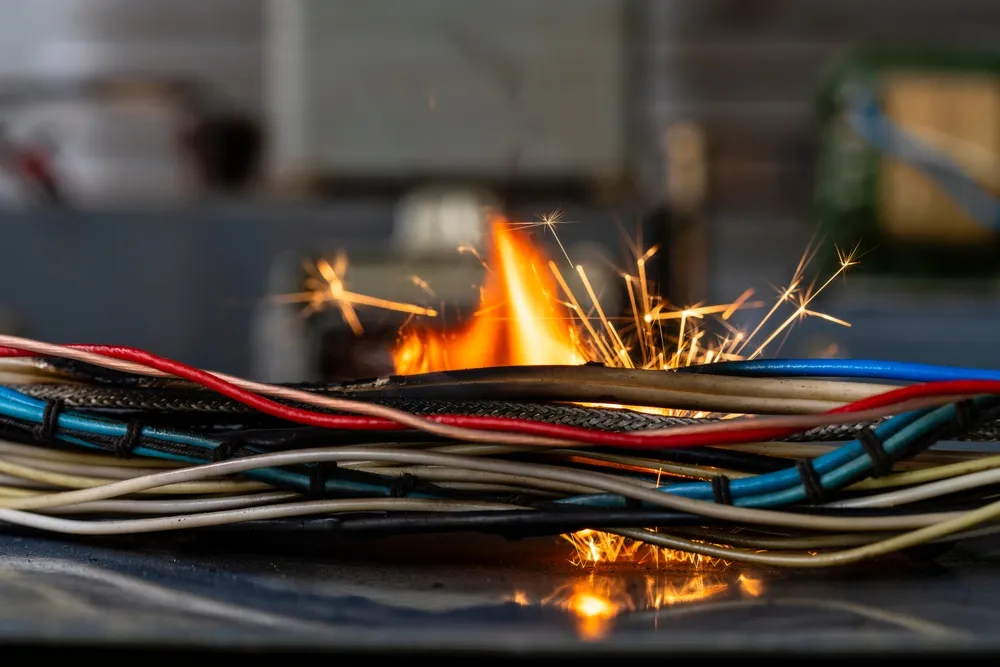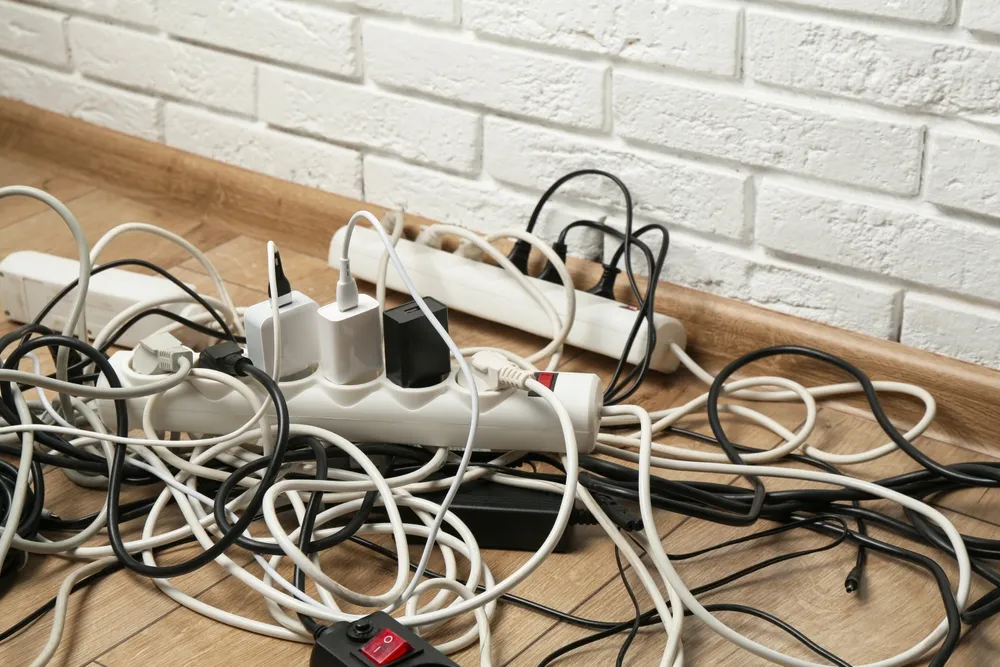When things suddenly go wrong with the power in your home or workplace, it can cause a lot of stress and uncertainty. Lights flickering, strange smells, or even complete blackouts often happen without warning, leaving you wondering what steps you should take while waiting for help. Our team at Fraser Electrical understands that these moments can be overwhelming, but knowing how to stay calm and act quickly makes all the difference. By recognising warning signs early and taking sensible safety steps, you can protect yourself, your family, and your property from greater harm.
Electrical problems are not just an inconvenience, as they can put lives and property at risk if not managed carefully. Understanding what to do before professional help arrives is an important part of keeping everyone safe. While there are limits to what can be done without the right tools and training, there are several key measures that homeowners and business owners can take immediately. These actions help reduce risks, buy you valuable time, and give your electrician the information they need to address the issue quickly and effectively.

Spotting an emergency early allows you to act before things escalate. Many people ignore small issues, but even minor electrical faults can become dangerous if not addressed. Warning signs often show themselves through unusual behaviour in your electrical system, and understanding these clues is vital. Being alert and proactive can make all the difference in preventing damage or injury.
Electrical systems usually give hints before a serious issue occurs. Recognising these signals can help you act faster and avoid further risk. Paying attention to changes in the way power is delivered throughout your property is an important step in protecting your safety.
Not all problems look serious at first, but they can quickly spiral out of control. A small warning sign often signals a larger hidden problem that’s waiting to surface. Knowing when to treat these issues with urgency is essential for your safety.
When a fault occurs, staying calm and acting carefully is the best approach. Panic can lead to mistakes, but knowing the right steps helps you maintain control. Safety should always come before convenience, and small actions can prevent greater harm. With some preparation, you can limit the dangers while waiting for professional assistance.
The main switch is your best tool to protect your property when faults occur. Knowing how and when to use it can stop dangerous situations from worsening. Understanding its role gives you confidence to act quickly when emergencies strike.
Visible dangers must be taken seriously from the very beginning. Looking out for signs like smoke or sparks helps you take immediate precautions. Quick observation can prevent harm and reduce property damage.
Knowing when to call an emergency electrician in Central Coast for help is just as important as knowing what steps to take yourself. While some issues can wait, many require immediate professional attention. Waiting too long puts your safety and property at greater risk. Understanding what qualifies as urgent ensures you never delay in making the right call.
Certain circumstances leave no room for waiting. These are situations that demand a qualified electrician immediately. Acting fast ensures problems are addressed before they escalate.
Sharing clear details helps your electrician respond faster. Knowing what to say ensures they understand the urgency before they arrive. The more accurate your information, the better prepared they’ll be.

Prevention is always better than dealing with emergencies. Regular care and awareness significantly reduce the chance of faults developing. By taking proactive steps, you can maintain a safer environment in your home or workplace. Understanding your system and addressing problems early ensures lasting peace of mind.
Routine checks are key to avoiding costly and dangerous emergencies. Scheduling inspections ensures hidden faults don’t go unnoticed. Keeping systems in good shape reduces stress and improves safety.
Understanding your switchboard gives you confidence during emergencies. Knowing which device does what helps you respond faster. This knowledge also supports long-term safety and maintenance.
Electrical emergencies can be frightening, but the right knowledge helps you act with confidence. Recognising warning signs, knowing when to switch off power, and identifying situations that need urgent help all play a vital role in staying safe. These steps, combined with clear communication with your electrician, reduce risks and ensure problems are handled quickly.
Fraser Electrical believes that prevention and preparation are just as important as fixing faults. By staying alert and investing in regular maintenance with our help, you reduce the chances of sudden emergencies disrupting your home or business. With the right habits and professional support, you can enjoy peace of mind knowing your safety is always protected.